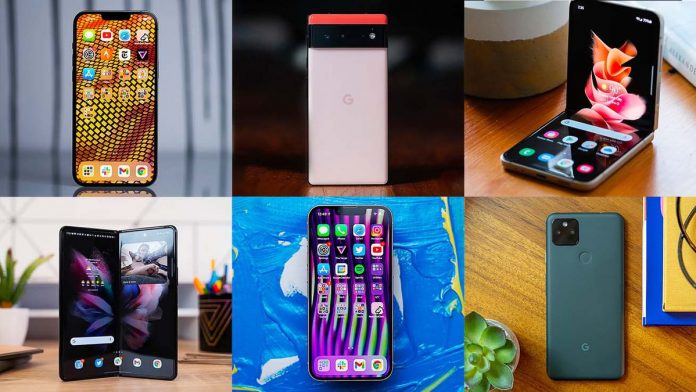In the aftermath of Covid19 , several ‘behavioral changes’ in the Sri Lankan consumers have taken place in the country and the need to be digitally connected is one of them.
This era has shed light on how ‘digital connectivity and inclusivity’ should be omnipresent and how digital ecosystems including the use of smartphones are not a luxury but a necessity.
Sri lankans are now in an era of ‘physical restrictions’, virtual platforms sufficing the need for connection and communication and classifying smartphones as non essential items by the government has made it difficult for consumers to buy such phones due to high prices.
Sri Lanka smartphone market shrinked as a result of import restrictions imposed by the government pushing prices to sky high, traders and importers said .
In the age of rapid technological advancements, smartphones have played a pivotal role in furthering and strengthening digital interdependency
Mobile phone traders and others in the business say that the cost of smartphones will increase by at least Rs. 80,000 since the Government increased taxes.
The Finance Ministry imposed a surcharge tax on many imported goods yesterday (1). Moreover, Value Added Taxes have also been increased by 4% as a move by the Government to increase its revenue.
This increase in taxes eventually leads to an increase in prices of goods. Traders say that normal smartphones now cost more than Rs. 55,000 or Rs. 60,000, while they estimate that in the near future, the cost of a phone will go up to Rs. 80,000 or even Rs. 90,000.
Traders also said that customers tend to not to purchase when they are informed of the prices
.Meanwhile, another trader said that a normal phone cover is usually about Rs. 110, however the price has increased up to Rs. 280 or Rs. 300, yet after this move, a phone cover will not be available even for Rs. 400 or Rs. 500.
The government has also increased the telecommunication levy from 11.25% to 15%.Workers at the Sapugaskanda refinery say that there is a greater risk in restarting the refinery if kerosene cannot be ensured throughout.
Smartphones are also galvanizing day-to-day activities like online classes, online shopping, and e-payments with 43% people accepting to have tried newer things online.
The smartphone industry is looking at a promising avenue. In terms of digital development, Sri Lanka witnessed a speedy process where now the usage of mobile phones has become a common feature among the people.
Smartphone manufacturers are eyeing this opportunity of impending demand for smartphones. Deeper insights into the market reveal that 48%2of the people would be interested in buying products that are manufactured locally.
Thus, the vision of ‘Make in Sri Lanka’ and ‘Digital Sri Lanka’ can go hand in hand in reforming the smartphone industry in the coming years.
